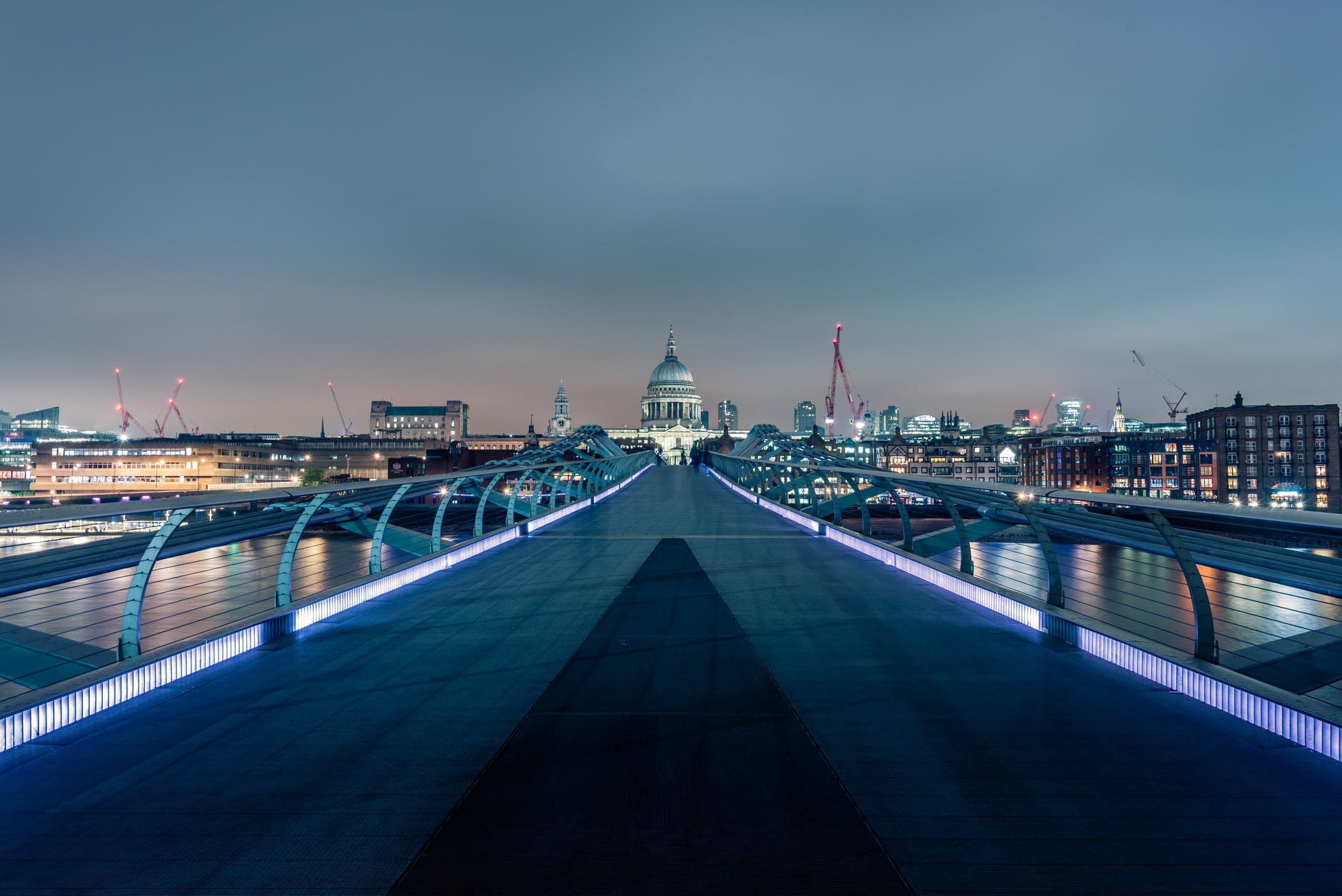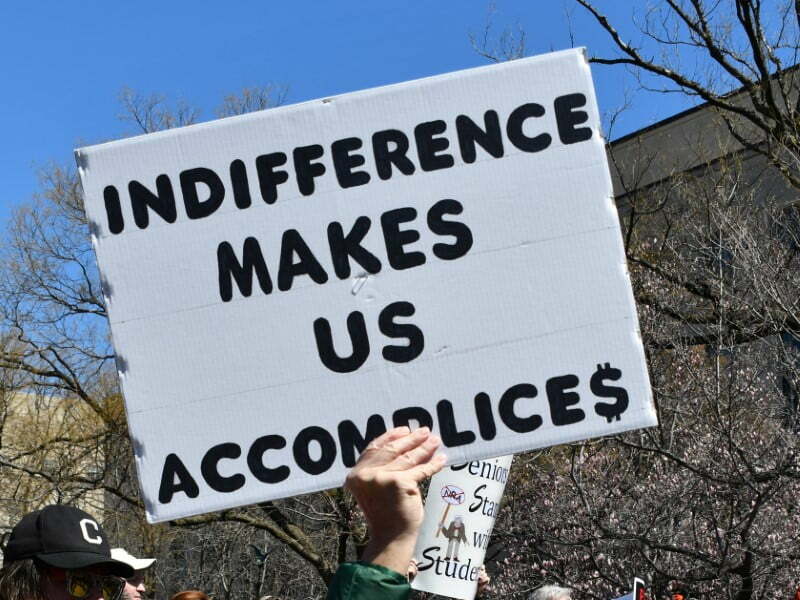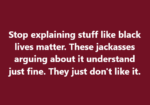First we have to discuss the distinction between “true” libertarian philosophy and what travels under that label in the US. In writing, I’ve come to refer to this as “Libertarianism™,” and defining that term is why I’ve included this post in the Lexicon. To understand what separates the two, how it happened, why, and why it matters, some background is in order
In the video that you’ll see either linked or embedded above (depending on YouTube’s mood at the moment), noted linguist and highly regarded writer and speaker on broader social and political issues Noam Chomsky refers to the original libertarian movement as “the anti-state wing of the Socialist movement,” which is as good a frame as any, particularly because it brings one part of the current conflict into focus: socialism is broadly understood to be a “state-run” system, so how do you have anti-state socialism?
This comes from the mentality of separation between government and governed; that “the government” is some far-off, detached, separate entity that has power over the governed. In western democracies this is nothing but a socio-psychological hangover from long-dead systems like monarchy; by definition in a democracy there is no separation between “the government” and “the governed,” as President Biden quite ably pointed out in his first address to Congress:
Our Constitution opens with the words, “We the People”. It’s time we remembered that We the People are the government. You and I. Not some force in a distant capital. Not some powerful force we have no control over. It’s us. It’s “We the people.”
President Joe Biden, April 28, 2021 Address to Congress
So the early libertarians were not trying to “dismantle the welfare state,” they were fully supportive of the notion. What they weren’t supportive of was the authoritarian state. Unfortunately the two can be confused, and sometimes that confusion is intentional, leading to an artificial sense of obligation to show obedience or agreement toward an invalid authority or one that abuses their power. My own dad had a big streak of this type of libertarianism; he refused to accept even his veterans’ benefits because he figured then he’d owe somebody something, and by his reckoning him and the US government were even when he served four years in the Marines and they paid him for it. To his way of thinking – and I understand the logic, whether I agree with it or not – to “take” anything from “the government” was to give “the government” power over you beyond what they deserved or could be trusted not to abuse.
This, fundamentally, is the root of libertarianism; keeping “the government” out of the affairs of private individuals so long as the conduct of those affairs doesn’t cause harm. When one extends this to business and industry, the same statement is true, it’s just been manipulated in the US.
If that was where things stayed here in the US, I’d be the biggest flag-waving card-carrying Libertarian you know but it didn’t.













